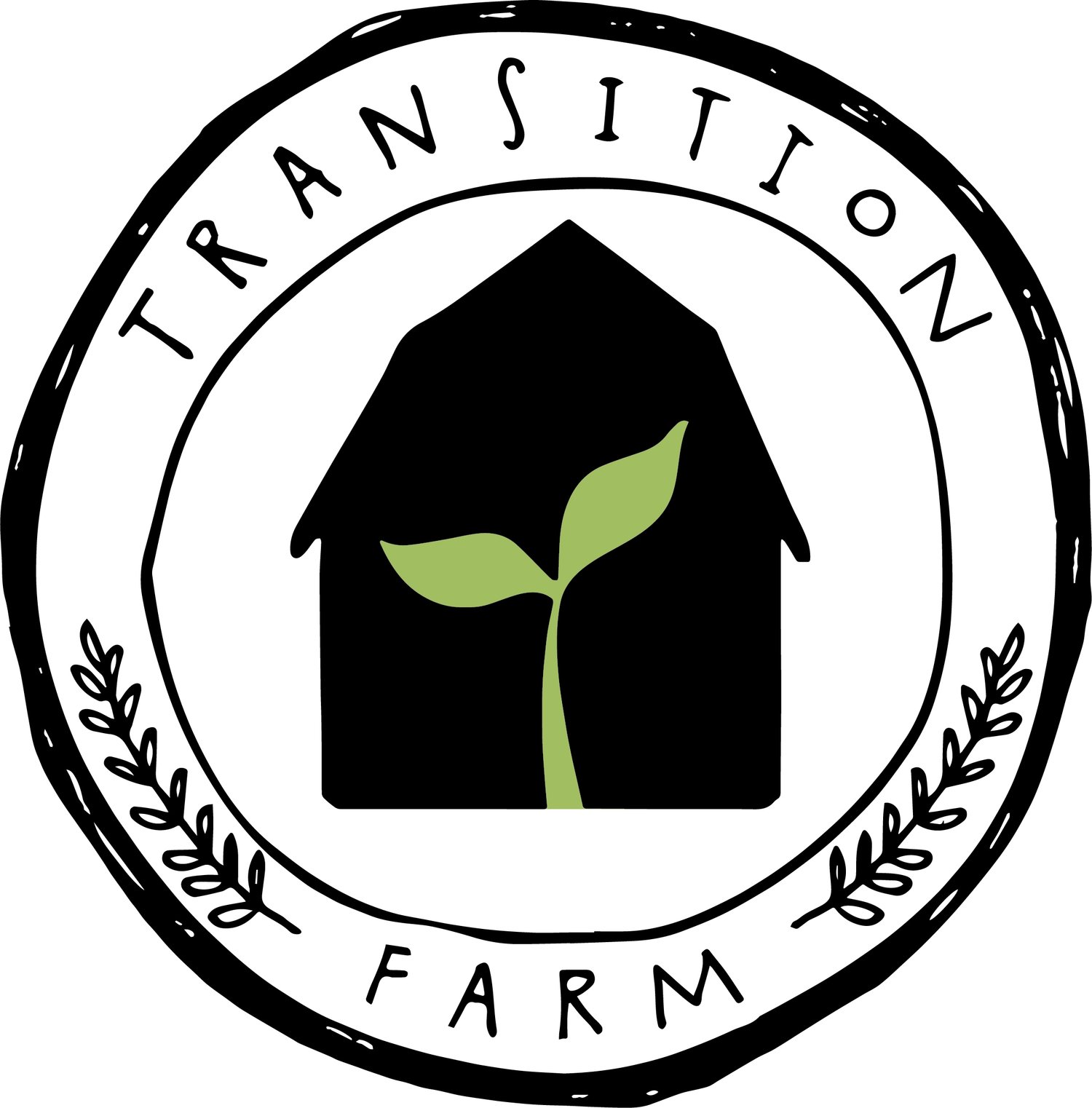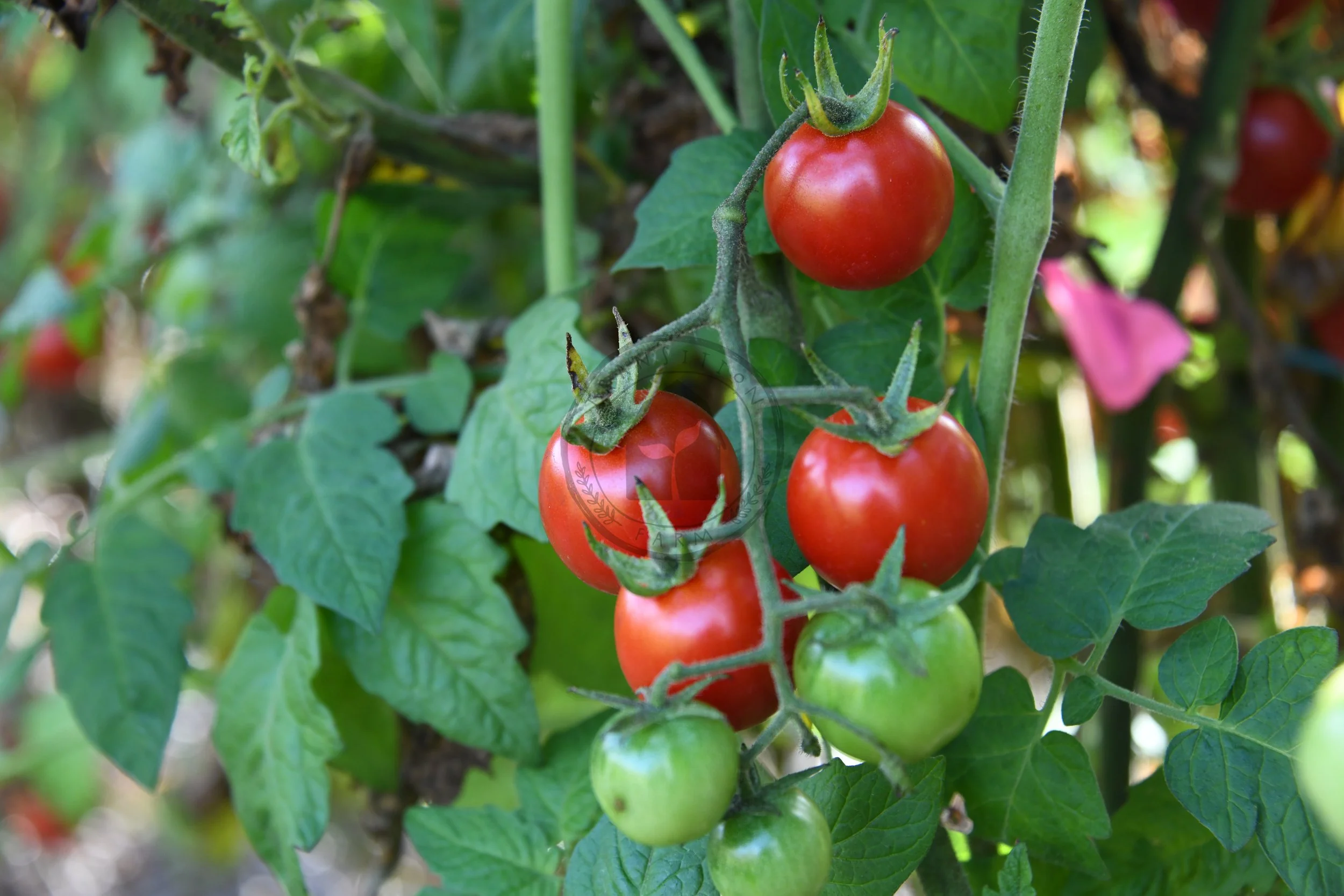TRANSITION FARM ORGANIC SEED
Quality 100% Certified Organic and Demeter Bio-dynamic NON-GMO Seed
Our next batch shipment date to Western Australia is 9th June 2025. For more options, check the POSTAGE page.
Tomato (Dwarf) 'Chocolate Lightning'
Tomato (Dwarf) 'Chocolate Lightning'
Solanum lycopersicum
Chocolate Lightning is a regular leaf, dwarf variety that produces oblate medium to medium large fruit that ripen to a brick red chocolate color with vertical green and gold stripes. The rich crimson flesh possesses the smokey, rich flavour characteristic of black tomatoes and is well balanced.
- Mid Season
- Semi – determinant
- Good for Containers
- 150-200gm brown coloured fruit with green, red and gold streaks and scarlet red interior
- Rich, smokey, well balanced flavour
- Better production in warmer seasons
This variety was bred by the Dwarf Tomato Project and pledged to the Open Source Seed Initiative in 2018.
Certified Demeter Biodynamic and Certified Organic
SEED COUNT: 15 approx.
Germination: Lot#19701 96% MAR 2025
Seed Raising, Growing and Harvest Information
| Plant Type | Site | Spacing | Height | Sowing Depth |
Days to Germination |
Days to Maturity |
|---|---|---|---|---|---|---|
| Tender Annual |
Full Sun | 60cm apart in rows 60-70cm apart |
80cm -1m | 6mm | 5-10 days @ 21-27 degrees |
75-80 days |
TRANSPLANT (recommended) – Start transplants 5- 6 weeks before planting date. Sow seeds 6mm deep, 4 seeds/2.5cm. Lightly cover. Keep mix at 23-28°C. Pot up into 5cm or larger cells after first set of true leaves appear. For growing transplants, maintain temperature at around 22°C during the day and 18°C at night
Harden off plants by slightly reducing temperature to 15-18°C and reducing water for 2-3 days before transplanting.
NOTE - Don't start too early—leggy, root-bound, or flowering transplants can cause stunting and reduce early production. Avoid exposing unprotected plants to consecutive nightly temperatures below 7°C.



















